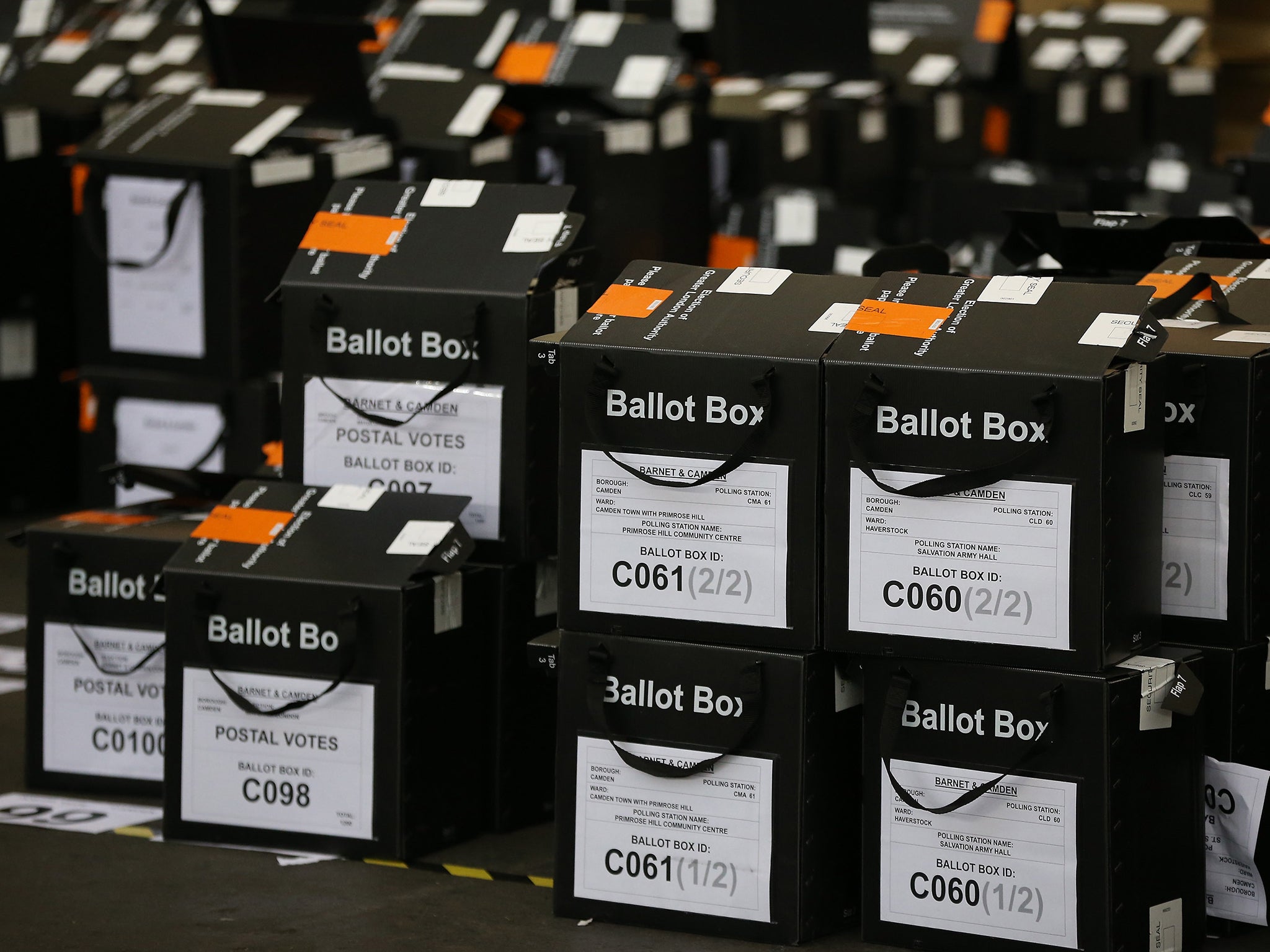Job description for politicians will promote democracy, says watchdog
Lay members on MPs ethics panel will rise to 7

A “job description” for MPs should be included on ballot papers to prevent voters getting “unrealistic” expectations about what parliamentarians can achieve.
The recommendation has been made by the Commons Standards Committee, as part of a review into how MPs’ behaviour is regulated.
“If the public are to form a reliable opinion of the conduct of their MPs, they must know what is currently expected of those MPs, in terms of performance as well as conduct,” the committee’s report says. “It is clear that many people do not.”
“Where there is no clear description of the duties on an MP, their constituents are likely to fill the vacuum with their own definitions and these can be exacting or irrational or unrealistic.”
The committee noted that there were “many tasks which it is unreasonable for the public to expect MPs to undertake, at least at first instance, since many other bodies exist precisely for such purposes”.
It criticised Parliament’s website for saying MPs could help constituents with issues about tax, the NHS, immigration and school closures. “We recommend that the parliamentary website be amended to give a clearer picture of the functions of an MP, one which is not so focused on the constituency role,” the report said.
Maria Miller: The damning and defensive quotes about the Culture Secretary
Show all 9“The danger is that by raising expectations which cannot in fact be met, the House service is inadvertently increasing the risk of public disillusion.”
The review also recommends that the public is given equal representation on the body which rules on allegations of sleaze made against MPs, in an attempt to answer criticism that they “mark their own homework”.
The number of lay members on the Commons Standards Committee is expected to be raised from three to seven. They would sit alongside seven MPs.
However, the committee has rejected calls for the public representatives to be given voting rights when it reaches a verdict on an MP’s behaviour and recommends a punishment.
The review published today insists that the lay members enjoy real influence without having a vote, because they can register their dissent publicly when investigation into an MP’s conduct is published. If they were unhappy with the progress of an inquiry, they could halt it by withdrawing.
The review was launched after the committee was accused of watering down the findings of Kathryn Hudson, the independent Parliamentary Standards Commissioner, after investigating the expenses claims of Maria Miller, who was forced to resign as Culture Secretary. Ms Hudson found that Ms Miller over-claimed for her mortgage by about £45,000. But the Standards Committee agreed with the Tory MP that she should repay only £5,800. Ms Hudson criticised Ms Miller’s response to her inquiry but the committee cleared her of trying to discredit it.
After looking at regulation of other parliaments, the committee endorses the system of “self-regulation with strong independent elements”. But it admitted the process needs to be explained better.
The committee conceded: “The majority of MPs carry out their tasks without any questions raised about the propriety of their actions.”
Subscribe to Independent Premium to bookmark this article
Want to bookmark your favourite articles and stories to read or reference later? Start your Independent Premium subscription today.

Join our commenting forum
Join thought-provoking conversations, follow other Independent readers and see their replies